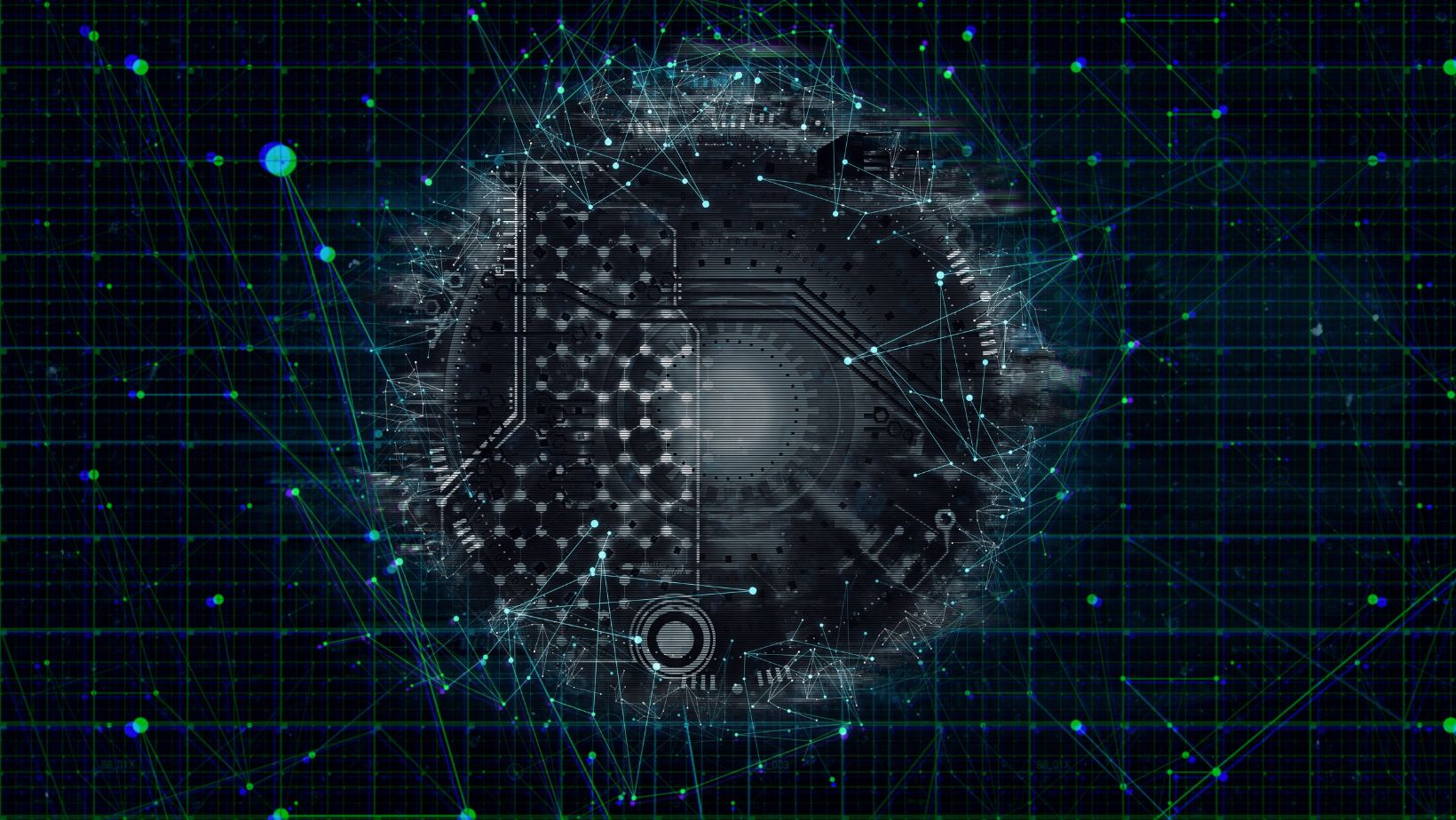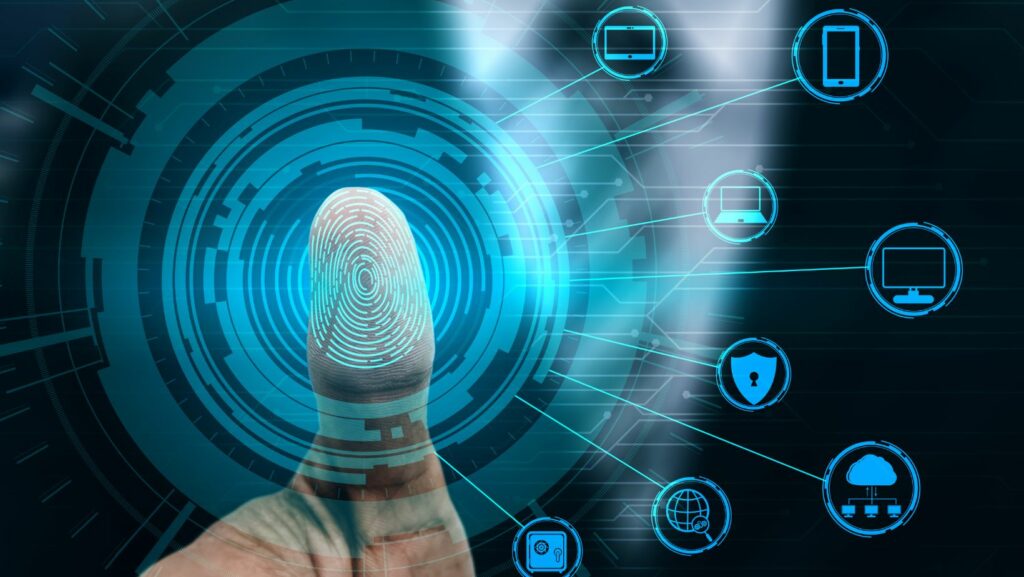In a world where gadgets and gizmos rule the roost, it’s easy to forget that “technology” isn’t the only word in the toolbox. Sure, it’s a buzzword that gets thrown around more than a frisbee at a summer picnic, but there’s a whole treasure trove of alternatives waiting to be discovered. Whether you’re looking to spice up your writing or simply impress your friends at the next trivia night, knowing other words for technology can elevate your vocabulary game.
Other Words for Technology
Technology encompasses a broad range of tools and systems that facilitate various activities. This term frequently appears in discussions about advancements in fields such as communication, transportation, and healthcare. Alternative words like “innovation,” “engineering,” and “technique” can convey similar meanings, enriching vocabulary and enhancing clarity in discussions.
Innovation refers to new ideas or methods that improve existing processes. Engineering represents the application of scientific principles to design and create functional products. Technique describes the specific methods employed in various tasks, ranging from artistic endeavors to scientific experimentation.
Another relevant term is “digitalization,” which addresses the shift from analog to digital formats in numerous industries. As the world moves toward a more technology-driven landscape, the importance of understanding various terms increases. Similar words include “automation,” focusing on the use of technology to perform tasks with minimal human intervention, and “cybernetics,” which studies the interaction between humans and machines.
As individuals seek to expand their vocabulary, recognizing synonyms and related terms can add depth to conversations. Terms like “computing” define processes related to computers, while “mechanization” highlights the introduction of machines into manual tasks. Each of these words serves a distinct purpose in discussions surrounding technology and its impact.
Using diverse language not only enhances communication but also demonstrates knowledge and insight. He or she can impress listeners or readers by incorporating alternative terms into discussions, providing a richer understanding of technology and its multifaceted nature.
Synonyms for Technology

Exploring synonyms for technology reveals a variety of terms that enhance language use. These alternatives can reflect different contexts and clarify discussions about technological advancements.
Innovative Terminology
Terms such as “innovation” and “advancement” reflect cutting-edge developments. “Digital transformation” captures the shift towards digital solutions in various industries. The phrase “disruptive technology” identifies breakthroughs that challenge existing markets. Additional words like “pioneering” and “modernization” communicate the essence of progress within technology. Using these alternatives can emphasize a forward-thinking perspective.
Scientific Terms
In scientific contexts, “engineering” pertains to the application of scientific principles. “Cybernetics” focuses on the study of communication and control in living beings and machines. “Biotechnology” signifies the intersection of biology and technology, particularly in health and agriculture. Other variations, including “automation” and “mechanization,” denote specific technological processes that enhance efficiency. Familiarity with these terms aids in discussing technical concepts more precisely.
Everyday Language Variations
Common phrases like “smart devices” and “gadgets” appear frequently in daily conversations. “Tech” serves as an informal alternative, resonating with a broader audience. “High-tech” suggests advanced technological standards, while “digital tools” encompasses software and platforms. Expressions such as “user-friendly” convey accessibility in everyday technologies. These simpler terms make discussions around technology more relatable and approachable for diverse audiences.
Contextual Uses of Technology

Technology serves various purposes across multiple domains. Understanding these contexts enhances discussions and clarifies meaning.
Business and Industry
Innovation drives business effectiveness. In manufacturing, terms like automation and robotics streamline processes. Companies often leverage digital transformation to improve operations and enhance customer experiences. Disruptive technology reshapes market dynamics, demanding adaptability from industry leaders. Utilizing cybersecurity measures protects sensitive data from threats. Recognizing these different terms illustrates technology’s pivotal role in business growth and sustainability.
Education and Learning
Education increasingly incorporates technology. E-learning platforms offer access to diverse resources, fostering individual learning styles. Terms like blended learning and flipped classroom enhance instructional strategies. Educators utilize smart boards and educational apps to engage students. Data analytics play a vital role in tracking progress and personalizing learning experiences. Exploring these terms enriches educational discussions and highlights technology’s impact on learning.
Everyday Life
Technology influences daily routines. Common phrases like smart devices and gadgets reflect how integral tech has become. People use applications for navigation, communication, and shopping, improving convenience. Social media platforms enhance connectivity and information sharing. Wearable technology, such as fitness trackers, supports health monitoring in practical ways. Recognizing this vocabulary deepens understanding of technology’s presence in everyday situations.
The Evolution of Technological Language
Language related to technology has evolved significantly over the years. The rise of the digital age introduced terms that provide more accuracy in discussions. Individuals often use “digital transformation” to describe shifts in business and society, showcasing how services adapt to technological advancements.
“Disruptive technology” appears frequently in conversations about innovations that reshape industries. This term highlights the impact of new advancements on existing markets. Scientific fields contribute specialized terminology such as “biotechnology” and “cybernetics,” which allow for precision in technical discussions.
Terms like “smart devices” and “gadgets” resonate with the public, making technological topics more approachable for general audiences. Accessibility also plays a crucial role, as education increasingly integrates technology into learning environments. Educators now utilize e-learning platforms alongside strategies like blended learning to enhance student engagement.
Automation and robotics dominate conversations in business, where efficiency is paramount. These terms reflect the ongoing trend towards streamlining operations through technology. Cybersecurity is another critical aspect, safeguarding sensitive information in an increasingly interconnected world.
Daily interactions incorporate various technological phrases, from navigation apps to wearable devices. These terms reinforce how technology forms an integral part of modern life. The continuous development of language surrounding technology illustrates its dynamic nature, giving people tools for more effective communication. As language evolves, so does the ability to articulate complex technological concepts, enriching conversations across all domains.
Alternatives Technology
Exploring alternative terms for technology not only enhances vocabulary but also enriches communication. By integrating words like innovation and digital transformation into everyday conversations, individuals can convey ideas more effectively. This diverse language fosters a deeper understanding of technology’s impact across various fields.
As society continues to evolve with rapid advancements, embracing these synonyms allows for clearer discussions about complex topics. Whether in business, education, or daily life, using varied terminology can make conversations more engaging and accessible. Adopting this enriched vocabulary is a powerful way to stay relevant in an ever-changing technological landscape.



